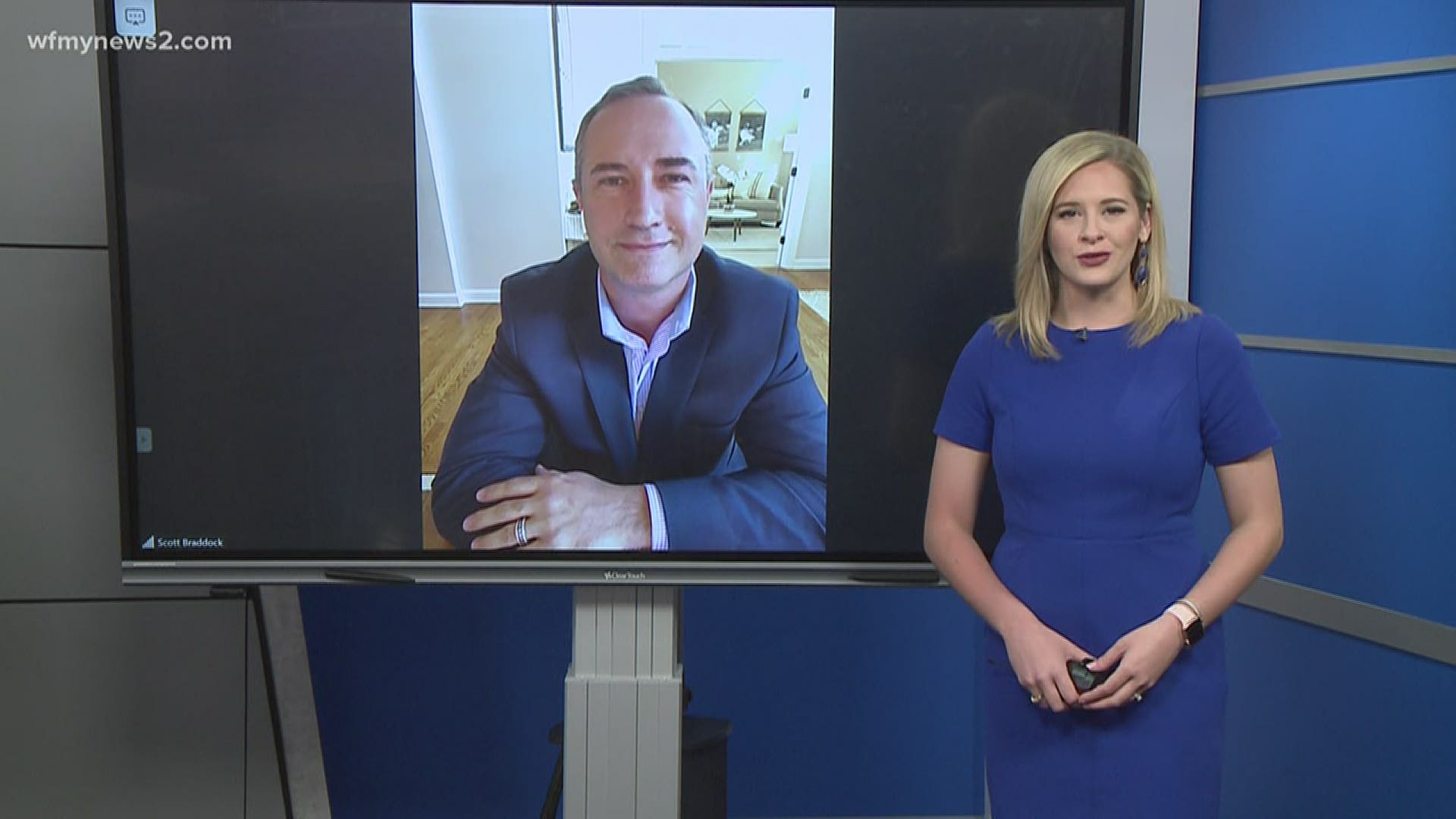The $2 trillion CARES Act is the largest stimulus bill in U.S. history. Local financial professional Scott Braddock joins us to discuss whether or not you should use the CARES Act to access your retirement funds.
How does the CARES ACT impact retirement savers?
No RMDs in 2020
Required minimum distributions (RMDs) from IRAs, 401(k)s, 403(b)s, and other tax-deferred retirement accounts have been suspended for 2020, allowing anyone who is 72 and older to forgo taking their 2020 RMD.
This might provide a significant tax break as retirees can leave money in their accounts and will not have to pay taxes on the distribution.
One of the reasons for this rule change is that RMDs are calculated based on the account balance at the end of 2019. Most balances are likely down right now because of the turbulence we’re experiencing on Wall Street.
For those who have already taken their 2020 RMD, there are options to consider but talk to your tax professional or financial professional before taking any action.
Penalty-Free Retirement Account Withdrawals
The CARES Act allows those under the age of 59 ½ to take a distribution of up to $100,000 from their 401(k) without paying a 10% penalty.
The new law also lets you take a loan up to $100,000 from your retirement plan, which is double the amount you can normally take. These rules only apply for 2020.
Those who are 59 ½ and older can take money from an IRA or 401(k) without paying an early withdrawal penalty at any time but will pay taxes on money taken out.
Opportunity for Roth Conversions
Another option available to retirement account holders is a Roth conversion.
Now might be a great time to convert your traditional IRA or 401(k) to a Roth IRA; your account balances might be down, and we're in a historically low tax environment.
You will pay taxes on the money you convert, but you would be investing in the stock market at an opportune time.
You can withdraw money from your Roth IRA tax-free and your money grows tax-free.
Another benefit of a Roth account: There are no required minimum distributions in retirement.
Should we take advantage of these new rules to access our retirement money?
Everyone’s situation is different, but the CARES Act gives some people an opportunity to make retirement planning decisions that will impact their tax liability.
There is no downside to skipping your RMDs this year unless you need the money for income.
If you’ve experienced financial hardship due to COVID-19, you may have no choice but to withdraw from your accounts or take out a loan.
Braddock suggests sitting down with a financial professional to review all your options before making a decision that could impact your financial future.
Braddock says his first priority when meeting with clients is to understand what drives their financial decision-making. Are they a saver, speculator, or investor? People view money differently, and identifying this helps him clarify their vision for retirement.
Is there anything we can do to avoid having to make a decision like this in the future?
Maintain a Budget
A budget is a key to financial security. You can reduce a lot of stress by knowing how much money you have coming in and how much is going out. I have a budget worksheet on my website, scottbraddockfinancial.com
Boost Your Emergency Savings
An emergency fund is like a safety net. Braddock recommends you have at least 3-6 months’ worth of savings in the bank.
Plan for the Future
Write down and prioritize both short and long-term goals, as well as meet with your financial professional at least once a year to make sure you're on track.

